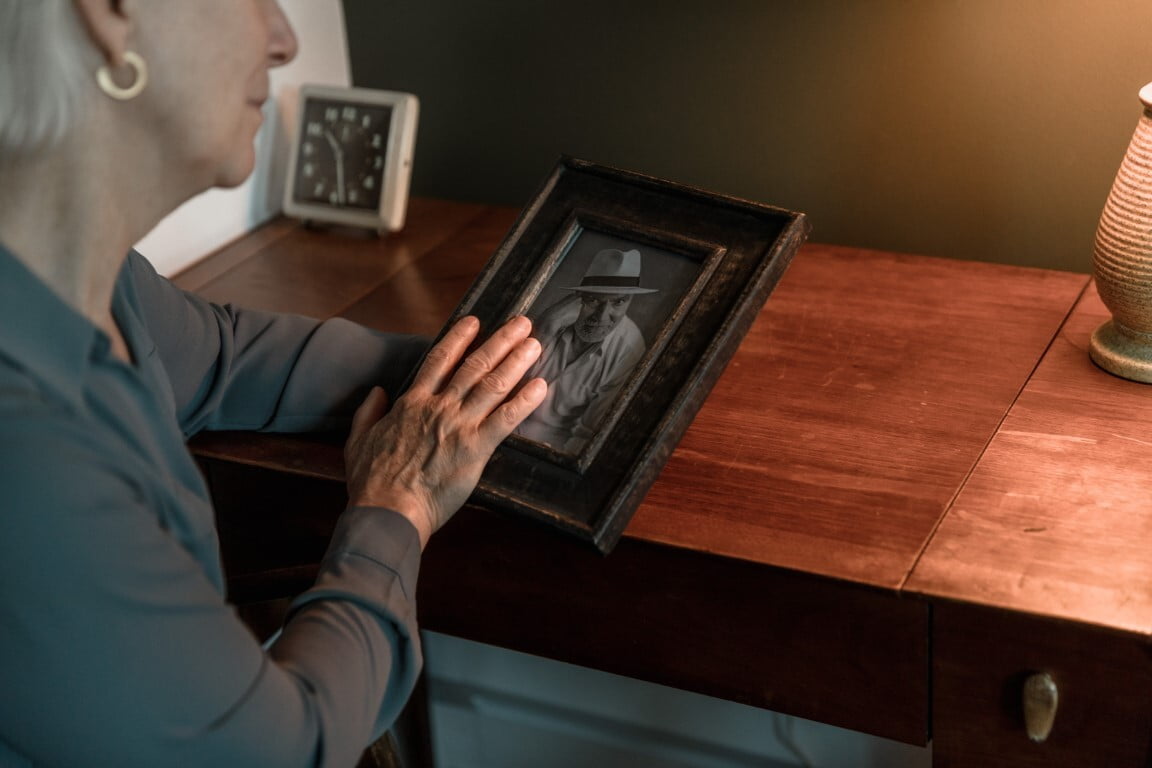
When we ask people to tell us about something important to them, they rarely start with facts and statistics. They tell stories. Stories are how we make sense of our lives. They comfort us, define us, and allow us to remember people and events long after they are gone.
This is especially true after a death. Grieving clients want to remember their loved one, and the closer they felt to the deceased, the truer that is. Yet by a couple of weeks after the funeral, those around them stop saying the name, telling the stories, or bringing up memories. They’re afraid they will make the person cry, or they want to “help” the griever move on, or they’re unconsciously protecting themselves because they don’t know what to do around sadness and grief. It’s easier and safer to just not bring it up, but that only serves to make the griever feel isolated and alone. Don’t let that be you.
Here's one very effective question you can ask instead: “Tell me: What is one thing you hope people remember about <name>? Tell me something you loved or appreciated about her.” As always, you follow the client’s lead, because sometimes they simply don’t want to talk, or they don’t believe you’d be comfortable with their emotions. Most of the time, though, and especially if you’ve implemented Corgenius training in the past so grieving clients know they can trust you, the stories will come pouring out. Most grieving people want and need to share those stories, and they are so grateful when someone is willing to listen.
You can modify the question in various ways too. For instance: “What is one thing you learned from your dad that you hope to pass on to your own kids?” OR “What is something about your son that made him totally unique?” OR “What stories have you heard, at the funeral or since then, that brought a smile to your face?”
You can also use this principle to advise your clients. Ask them if they’ve had the near-universal experience of receiving a phone call from someone who didn’t know about the death, and who happily asks about the deceased person. Suggest that instead of simply saying the person died and having to endure the stammered, uncomfortable apologies, they inform the caller about the death and then add, “I know this is a surprise for you. Yet what I’d really love is if you can tell me a story or memory that you have of him. I might cry when you do, but that’s OK. I love to hear others’ stories and it helps me keep the memory alive. Can you tell me something you remember or admired?” This strategy turns a terribly awkward situation around, allowing the embarrassed caller to fill a genuine need while offering true comfort.
When you can ask questions like these and offer advice for getting out of a stressful interaction, you serve your clients uncommonly well and become their go-to resource. Give it a try, and let me know how it goes!
